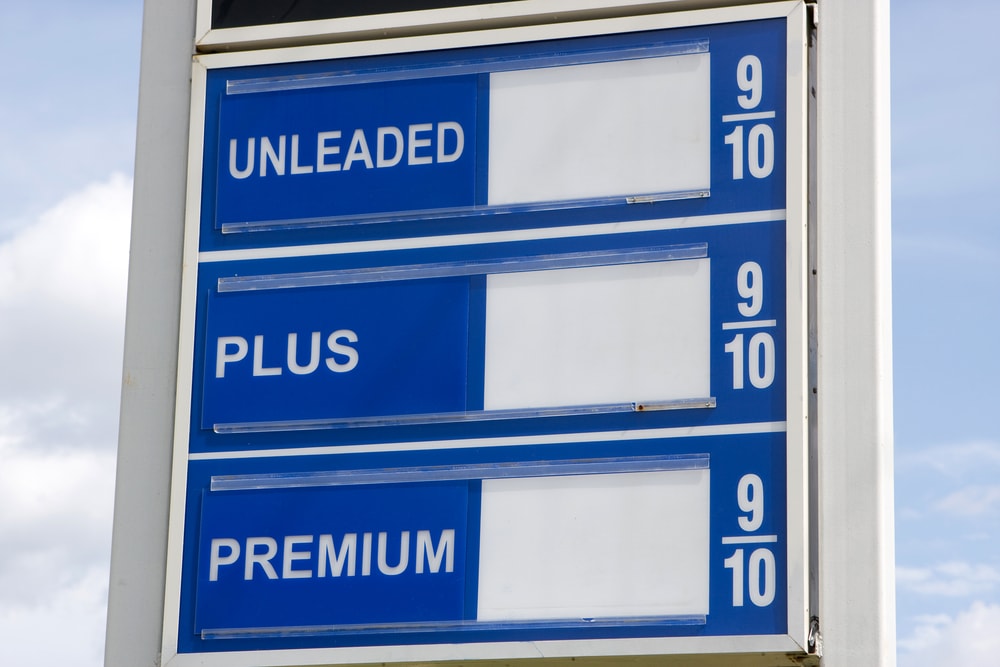

You’re given the choice every time you pull up to the fuel pumps - regular or premium gas. You’ve heard all the hype about premium fuel and the benefits it provides:
- Better fuel efficiency
- Corrosion prevention
- Engine knock or ping prevention
- Protection against carbon deposits in the engine
- Prevention of internal engine wear
How do you know if you truly need premium gas in your vehicle, though? Surely the benefits aren’t globally applicable to every vehicle in the market, aren't they?
To determine if your engine needs premium fuel, it helps to know what exactly you’re getting in premium gas.
The Lowdown on Premium Gas
Gasoline is made up of hydrocarbons, refined from crude oil in refineries. Once crude oil is broken down into the smaller hydrocarbons, it is mixed with additives. Some additives are detergents to prevent buildup inside your engine, while others improve combustion, prevent corrosion, or allow easier cold starts in cold climates.
But that’s in all gasoline, so what makes premium gas different? At its root, it’s an increase in octane. Octane is one of those hydrocarbons in gasoline, and it increases the resistance of gasoline to detonate prematurely in your engine. The higher the octane content in your fuel, the more resistant it is to predetonation that causes spark knock or pinging.
In some premium gasolines, there are increased levels of detergents and other additives, but the basis of premium gasoline is its octane rating. At the pump, regular gasoline is usually rated around 87 octane while premium is anywhere from 91 to 93 octane.
One more thing about fuel composition - by and large, there is no difference in the energy contained in regular gasoline and premium gasoline. Rated in British Thermal Units, or BTU, they both have roughly 114,000 BTU per gallon of fuel. That means that, aside from the resistance to predetonation, there is little difference in the fuel itself.
How Premium Gas Helps
As mentioned, premium gas prevents fuel predetonation under compression. To help clarify, think of it like a diesel engine. Diesel engines don’t have spark plugs to cause the fuel to ignite. It’s all done by high compression inside the engine cylinders. All the extra kinetic energy when the fuel is compressed causes it to explode and push the piston down in the cylinder.
In high-compression gasoline engines, the same principle occurs with regular gasoline. The problem is that the explosion occurs too soon in the cycle and it can cause a “pinging” or knocking noise in the engine. Over time, the predetonation causes abnormal wear in the cylinders, excessive carbon deposits because the fuel isn’t burned cleanly, and can cause damage that requires expensive repairs if left for a long time.
In high-compression engines, premium gas waits to ignite until the spark plug fires. That’s how your engine produces the best power and operates at its cleanest and most efficient.
Who Requires Premium Gas
Knowing if you require premium gas is as easy as looking for a label behind your fuel door.
Premium gasoline is necessary only for those vehicles whose vehicles say “Premium Fuel Required” behind the fuel door. That means that your vehicle’s manufacturer has tested its vehicles and determined that the octane contained in premium gasoline is necessary to prevent early detonation in the engine. If you were to use regular gasoline, you’d experience a reduction in power, worse fuel economy, probably engine pinging, and possibly the Check Engine light illuminated as well.
That doesn’t mean there is no benefit to other users, just that it’s not required in others. If, behind your fuel door, it says “Premium Fuel Recommended”, you’re likely to experience slightly better performance with premium gasoline than regular, but your engine will still run properly and efficiently with regular gasoline as well.
If your vehicle says “Regular Unleaded Only”, the only benefit you can expect is to do with the other additives that may differ from regular gas. If your gas brand has higher levels of detergents or cold-weather additives in its premium fuel over regular, it may keep your engine cleaner, but it won’t necessarily run better.
To sum it up, if your vehicle says “Premium Fuel Required”, you really do need premium gas for your vehicle to run properly. If your vehicle doesn’t require premium, expect that your vehicle will run well on regular gas.
Most commonly, you’ll find that German-engineered vehicles, luxury cars, high-performance sports cars, and exotic cars require premium gasoline.



